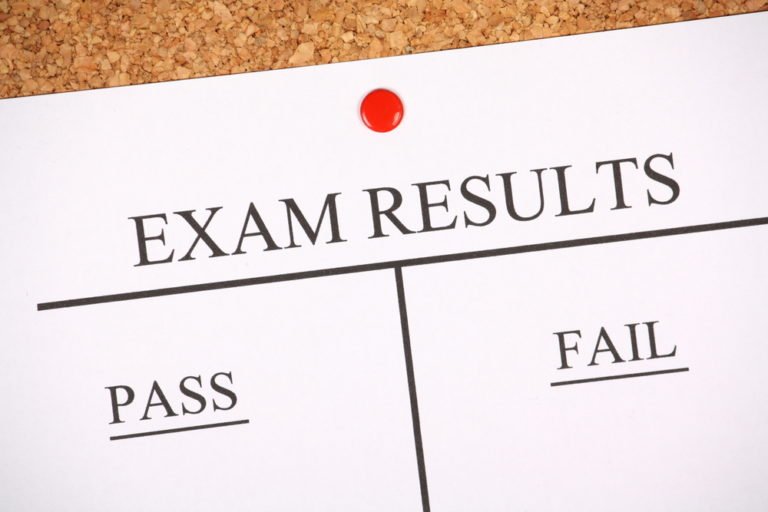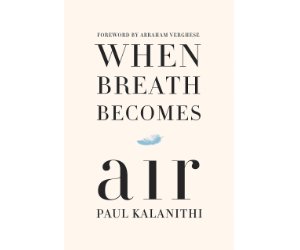Transitioning From Medical School to Residency
Congratulations! Graduating medical school and securing a spot in residency is a very exciting accomplishment. You ... Read more
Written by: Malia Hecht
Published on: December 15, 2016
Learn about medicine and how to become a physician in our articles for pre-medical students (including the MCAT), medical students, resident physicians, and practicing physicians.
Congratulations! Graduating medical school and securing a spot in residency is a very exciting accomplishment. You ... Read more
Written by: Malia Hecht
Published on: December 15, 2016
After you interview at a medical school, you will likely wait several painstaking weeks before ... Read more
Written by: Cassie Kosarek
Published on: December 14, 2016

What You Should Know is an ongoing series covering a range of informational topics relevant ... Read more
Written by: Brian Wu
Published on: December 13, 2016

“Is it trans or cis?” It’s a question that has tortured many pre-professional students studying ... Read more
Written by: Guero
Published on: December 12, 2016

Coaching is an integral part of sports, it’s often used by corporate executives, and even helps ... Read more
Written by: The Short Coat Podcast
Published on: December 9, 2016

There are many costs associated with applying to medical school. These costs can add up, ... Read more
Written by: AAMC Staff
Published on: December 8, 2016

The transition from eager-to-learn-everything MS3 to self-assured MS4 with a clear residency goal comes much ... Read more
Written by: Michael Cafarchio
Published on: December 6, 2016

Mental health is a topic which is discussed more openly in our society in recent ... Read more
Written by: Brian Wu
Published on: December 5, 2016

For many student spouses, medical school can seem like a time “in limbo.” You are ... Read more
Written by: Amy Rakowczyk
Published on: December 1, 2016

This story originally appeared here on WhiteCoated.com. For me, it always starts behind my eyes. ... Read more
Written by: Raye Reeder
Published on: November 30, 2016

By Brent Schnipke Central to the skillset of every physician is the differential diagnosis; this ... Read more
Written by: Brent Schnipke
Published on: November 28, 2016

Republished with permission from here. Being a pre-medical student is largely about the numbers — ... Read more
Written by: Cassie Kosarek
Published on: November 23, 2016

If you read one book this year, make it When Breath Becomes Air. Do yourself ... Read more
Written by: Chivas Owle
Published on: November 22, 2016

It’s not surprising that one of the questions we’re asked most frequently is, “When should ... Read more
Written by: AAMC Staff
Published on: November 10, 2016

Updated November 4, 2021. The article was updated to correct minor grammatical errors. Settling into ... Read more
Written by: Cassie Kosarek
Published on: November 9, 2016

As you continue researching residency programs, applying, and interviewing with these programs, you’ll begin to ... Read more
Written by: ExamGuru
Published on: November 7, 2016

When my husband was in medical school, we had a social gathering for medical students ... Read more
Written by: Amy Rakowczyk
Published on: November 3, 2016

Central to the skillset of every physician is the differential diagnosis; this is the process ... Read more
Written by: Brent Schnipke
Published on: October 31, 2016

Republished with permission from here. Note: Interview conducted by medical student editor Evan Torline. Sometimes ... Read more
Written by: Evan Torline
Published on: October 26, 2016